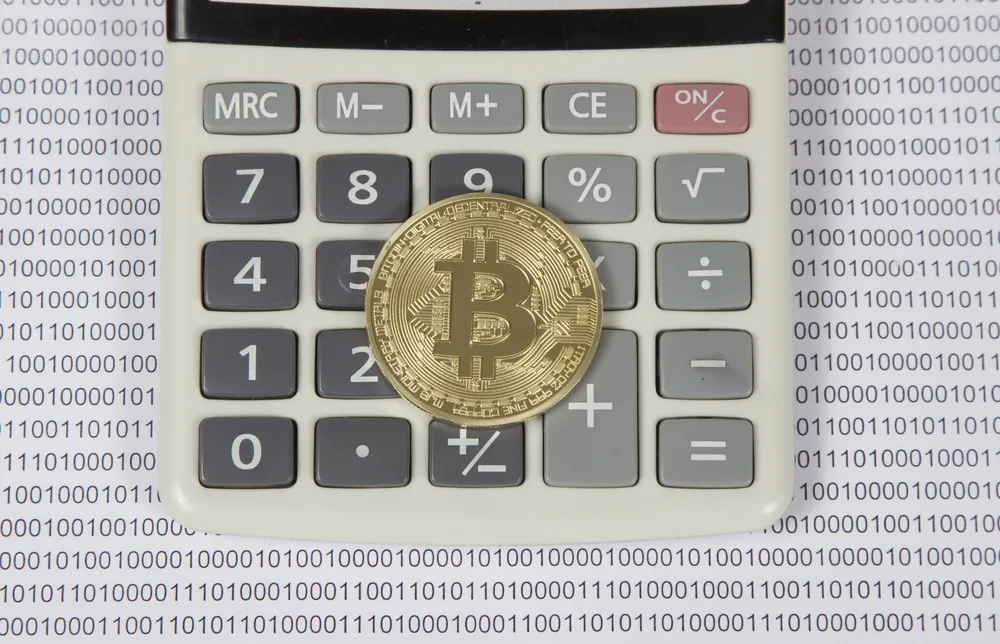There has been much debate about taxes when investing in cryptocurrency in New Zealand. This writer in particular looked far and wide to try and find a succinct and easy to understand answer from a practicing professional. This article will be updated periodically as more information is collated or comes to hand. The following initial post is a summary taken from an accountant who was also heavily invested in cryptocurrency themselves: (Please note that the author of this article is not an accountant and to please seek your own tax advice).
The IRD have been very slow to take a stance on cryptocurrency tax obligations. This is due to the fact that cryptocurrency is still a relatively small investment compared to business and property.
If you call the IRD they are not authorised to give you a definitive answer regarding your cryptocurrency investment.
Considering there is no official stance on cryptocurrency; an accountant may advise that it carries an inherent high risk to invest.To lower your risk you may attempt to disclose your cryptocurrency position to the IRD with an accompanying letter.
This will allow the IRD the chance to come to an agreement with you regarding tax.Alternatively you can work out your position from both an 'asset' or 'foreign currency' stance and file a tax return that would cover the larger of the two assessments. In this case you may further file a NOPA (notice of proposed adjustment) asking the IRD to consider the lower taxed position (e.g if you are taxed higher on crypto as a 'foreign currency'; you lodge that return, and then file a NOPA for the lower tax amount if crypto was considered an 'asset'. If the IRD doesn't reject the NOPA within 2 months, they are considered to have accepted the lower tax position.
At the time of writing it is considered that the foreign currency position is likely the safer way to assess.
It is good to note that if people start making losses, then they may also be tax deductible.
++++++++++
Update 1: 13/12/17
Information from Cryptocult member:
The IRD agent confirmed to me that we do not have capital gains tax in place so if you're investing your own cash then pulling it out for profit later on it is not tax deductible.
Mining on the other hand is classed as an income which tax needs to be declared on and you are required to pay tax once you convert your crypto back to nzd. If you mined 1 bitcoin and cashed out at 2 bitcoins you would pay tax on the nzd equivalent of 2 bitcoins. You are not required to pay tax until it hits your bank in nzd. Think of yourself as a gold miner who mines gold then sells when the price is right. Power, rent and equipment can all be deducted from your primary income if you're running at a loss also.
++++++++++
Update 2: 14/12/17
Information from Cryptocult member, NZ Chartered Accountant and Partner in a firm (to contact him see details below):
If you acquire btc for the purpose of disposal, IRD default position is that any gain or loss will be taxable income. This is their default starting position because btc is normally acquire for the dominant purpose of disposal.
Unlike alternative investments (such as shares or bonds, or other personal property), btc is a non-income producing asset and does not provide any benefit when being held. Therefore, the nature of btc strongly indicates that it was acquired for the dominant purpose of ultimately disposing of it; otherwise why would you buy it?
There may be some circumstances where IRD may accept that btc has was acquired for purposes other than eventual disposal. For example, btc is acquired for the dominant purpose of building up a diversified portfolio of property that the person will not necessarily realise, or as a long-term investment that the personal will not necessarily realise.
In the situation where btc is not acquired for the purpose of ultimate disposal it would need to be supported by clear and completing evidence.
In other situations of acquiring non-income producing assets (such as gold), IRD have stated that merely describing the property or the reason it was acquired will not answer the question of whether the was a dominant purpose of disposal. For example, describing btc as being acquired for a long-term investment, a hedge against inflation, for portfolio diversification, or as a store of value outside the monetary system is not sufficient to negate a dominant purpose of disposal. The person’s underlying motive should not be confused with their purpose.
When btc is acquired for the purpose of disposal is sold, a deduction for the cost of the btc is allowed, subject to normal rules. Just as any increase in value will mean that any profits will be taxed, if btc has decreased in value and is sold for less than its cost, this will result in a deductible loss. Other expenditure, such as interest on money borrowed to purchase the btc, may also be deductible.
For example, John borrows $20,000 at 5% pa to buy btc. John sells the btc 1 year later for $50,000.
Sale price $50,000
Less: Cost price $20,000
Interest paid $1,000
Equals: Taxable income $29,000
There are also GST implications and slight variations of the above for those mining btc. Also be aware of exchanging goods and services for btc (a barter transaction at present).
If these situations apply, feel free to give Tim a call or email: 02041224440 or tim@agbizaccountants.co.nz
Watch this space as we see the IRD release more information in early 2018.
For more cryptocurrency investment news and discussion join 'CryptoCult' on facebook. Subscribe to CryptoCult on Youtube and follow here at Steem.
